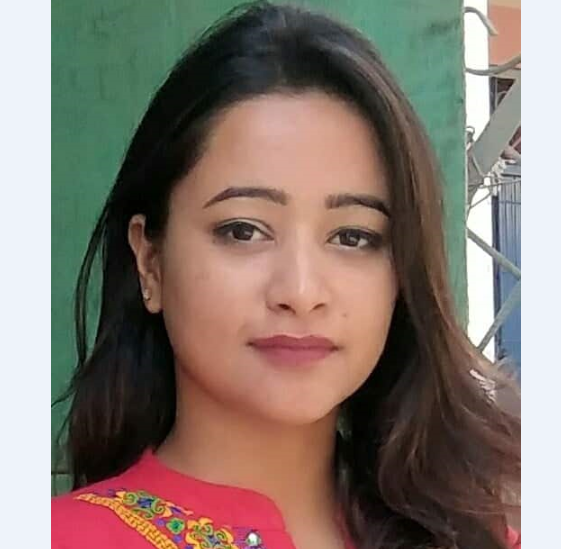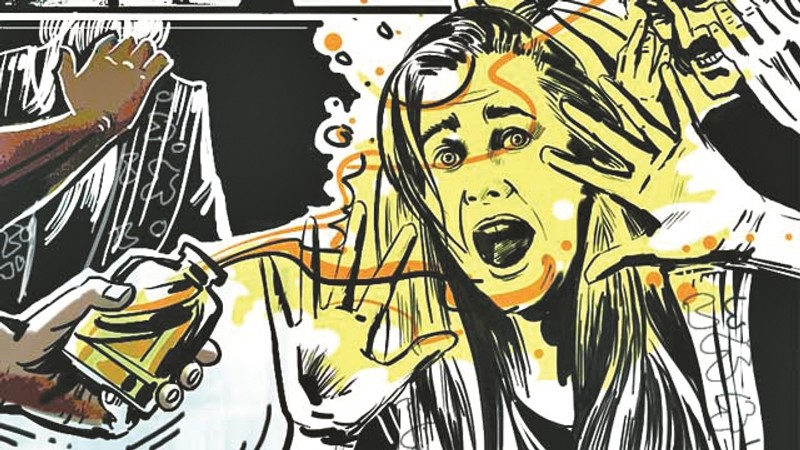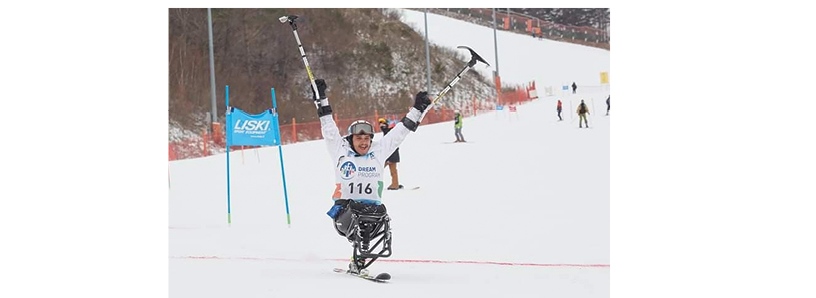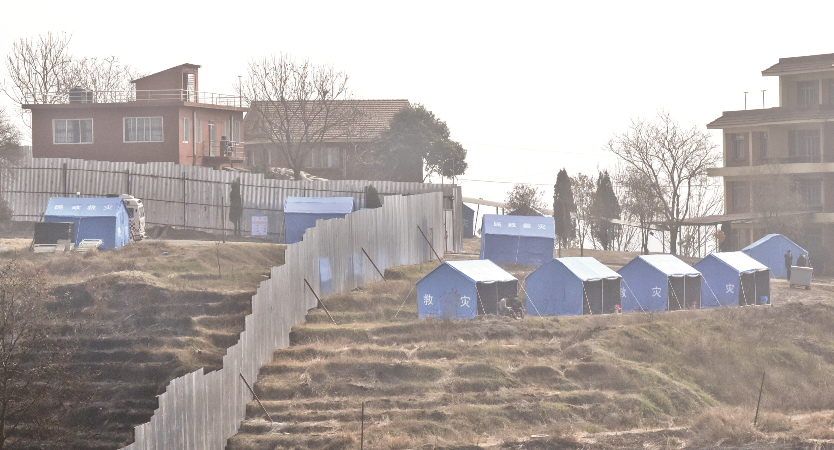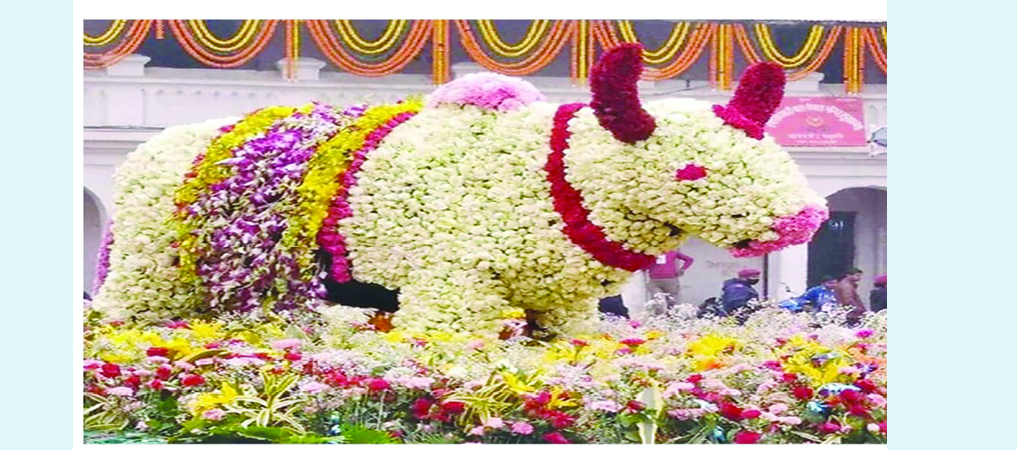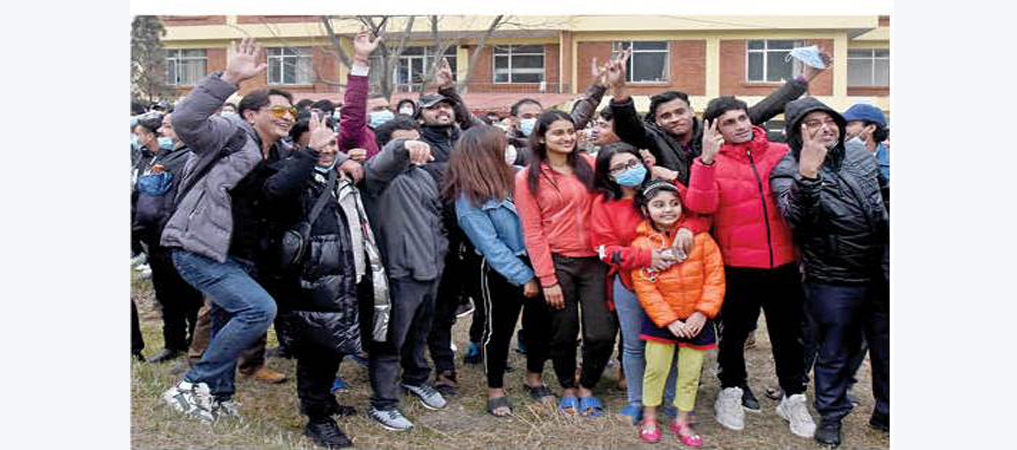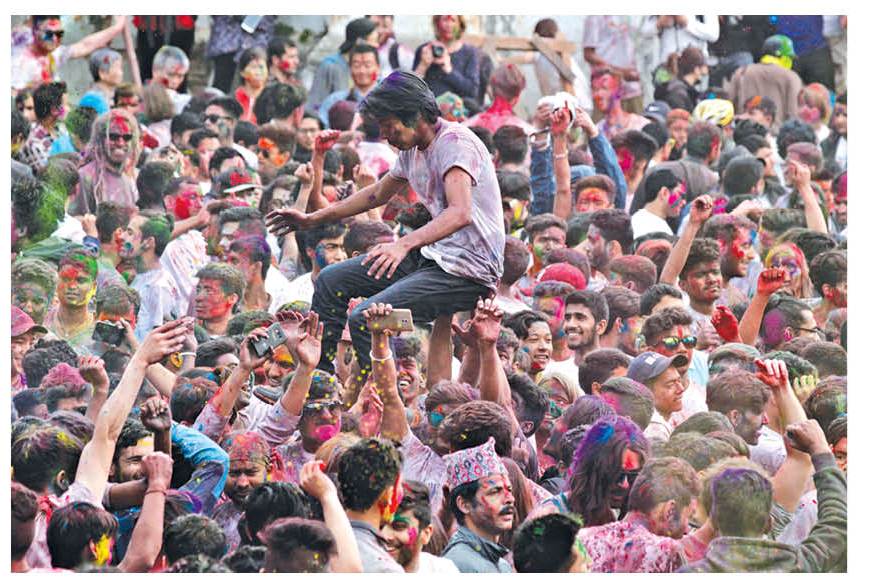Frontline workers eagerly wait for second dose of COVID-19 vaccine
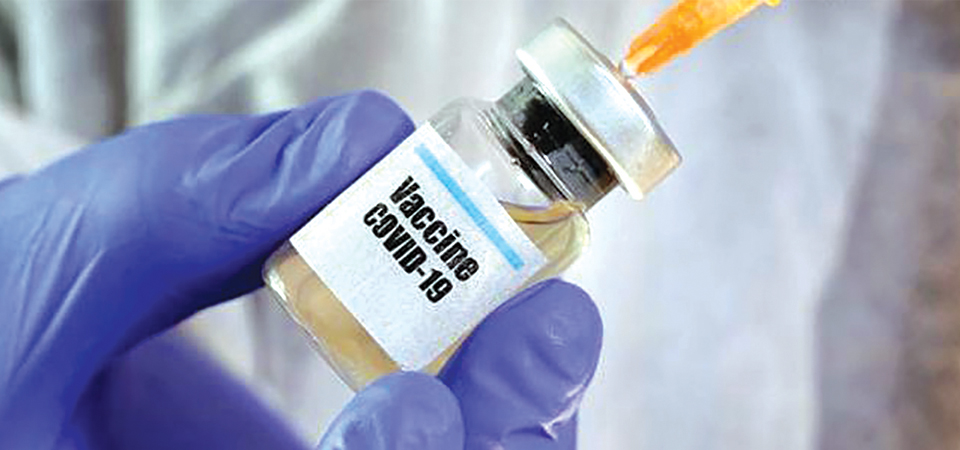
By Sampada A. Khatiwada
Kathmandu, Mar. 16: The government began the first phase of COVID-19 vaccination drive on January 27. According to the Ministry of Health and Population, around 184,900 frontline health workers, journalists, public service staff, and bank employees had received the vaccine in the first phase.
While the second phase of inoculation is underway where the senior citizens are getting vaccinated, the frontline workers who got vaccinated during the first phase are looking forward to receiving the second dose.
"We are thankful to the government for arranging the COVID-19 vaccine within one year since the pandemic broke out. Also, Nepal is among the first nations across the globe to introduce mass vaccination campaign against the novel coronavirus," said Samikshya Adhikari, a doctor.
"As the recent researches on Covishiled have shown that the vaccine would be effective only after the second dose is administered within eight to 12 weeks from the first inoculation, we are excited about receiving the second dose so that we can get back to work even more freely and confidently without the fear of contracting the virus," she added.
Likewise, Min Raj Karki, an ambulance driver, said, "I feel lucky to be vaccinated within the first few days of our nation's vaccination drive. However, I am concerned about when the government would provide us with the second dose."
The frontline workers are eagerly waiting to receive the second and final dose of Covishield. However, the public health experts have been voicing that the government must effectively manage the vaccination drive in order to ensure that the vaccines do not fall short for second dose to the ones who have already been vaccinated.
Nepal had received one million doses of the COVID-19 vaccine under grant assistance from India. Likewise, the government bought additional one million doses from India and 348,000 vaccines have been received under the Covax facility.
Dr. Rabindra Panday, a public health specialist, said, "Over 1.5 million people have received vaccine until now. This means that the government must have additional 1.5 million vaccines in stock."
"As the people who receive the first dose of vaccine can be safe from the virus only for three months, it is mandatory to provide a second jab," said Dr. Pandey. "If we look into the data, there is already a shortfall of 652,000 doses of vaccines to provide the second dose to the 1.5 million people who have received the first jab." Stating that the entire vaccination drive would be meaningless if the government could not provide the final dose to those who have already received the first jab, Dr. Pandey said, "The government must strive to import vaccines from various companies and organisations as soon as possible to ensure that all those who have been vaccinated receive the second jab."
Meanwhile, Dr. Shyam Raj Upreti, coordinator of the COVID-19 vaccine advisory committee, told The Rising Nepal that the second jab should be administered within eight to 12 weeks of receiving the first one.
He said that the government would issue a notice calling all the frontline workers who received the vaccine in the first phase. "The notice might be issued after eight weeks from the last day on which the third group was vaccinated in the first phase. However, we are yet to decide on it," added Dr. Upreti.
Recent News

Do not make expressions casting dout on election: EC
14 Apr, 2022
CM Bhatta says may New Year 2079 BS inspire positive thinking
14 Apr, 2022
Three new cases, 44 recoveries in 24 hours
14 Apr, 2022
689 climbers of 84 teams so far acquire permits for climbing various peaks this spring season
14 Apr, 2022
How the rising cost of living crisis is impacting Nepal
14 Apr, 2022
US military confirms an interstellar meteor collided with Earth
14 Apr, 2022
Valneva Covid vaccine approved for use in UK
14 Apr, 2022
Chair Prachanda highlights need of unity among Maoist, Communist forces
14 Apr, 2022
Ranbir Kapoor and Alia Bhatt: Bollywood toasts star couple on wedding
14 Apr, 2022
President Bhandari confers decorations (Photo Feature)
14 Apr, 2022
